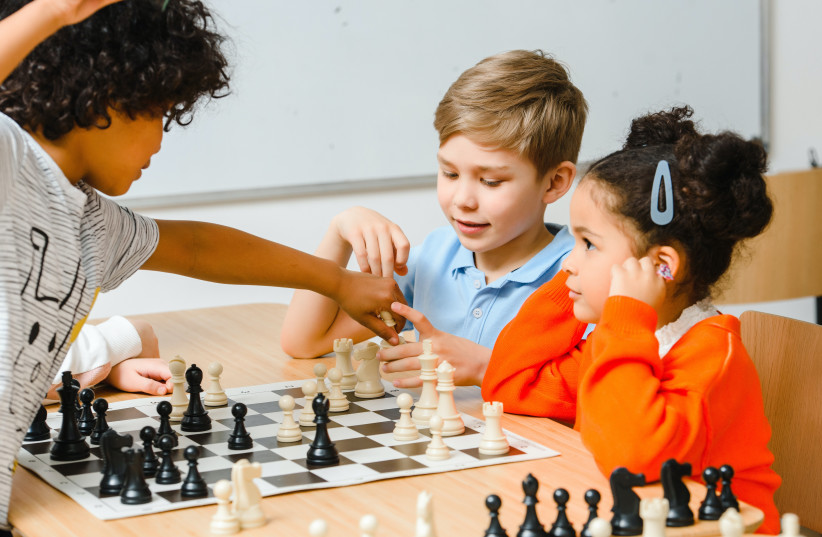Now’s the time when parents are thinking about sending their children to participate in extracurricular activities if they feel the children are mature enough. Which activities are best? Here are some helpful tips:
Being part of a group
1. It’s highly recommended to send children to lessons or activities where they’ll be part of a group and not alone with an adult. A child's ability to integrate into a social group in an informal and partially supervised environment is important.
This way, children can have informal social time that’s not in a formal setting like a school or kindergarten. A kid’s ability to handle social systems in different situations is extremely important for his development and mental health throughout life.
People's ability to succeed at work is determined not by intelligence and intellectuality, but by their ability to conduct themselves socially.

So, beyond the scope of the class itself or the development of a specific talent, the main element is that children learn to conduct themselves in different social situations and this ability is a significant factor that will accompany them throughout life beyond what is learned at the activity. In chess for example, even though it’s one-to-one, there’s still interaction with other people.
The fact that the activity’s in a group is significant. If a child wants to learn piano and is learning alone with an adult, that’s fine, but also register for a group class.
Listen to what your child wants
2. It’s important to agree with what children want and listen to them. If they choose soccer because all their friends are there, allow it even if you don’t like soccer, because the social component is crucial and should be respected.
Remember that in the end that activities are for the child's mental well-being, to relieve boredom and stress, so the emphasis is on enjoyment. But, children can’t constantly jump from class to class.
If children have a tendency to get bored and want to move from class to class, sign a contract where they agree to take an activity until Hanukkah, and only then decide whether to leave the class.
Many times there’s an initial enthusiasm and then a decline, then they start to enjoy the activity and go consistently. This teaches children to commit and try things and not give up quickly.
Especially if we know that there are children who have difficulty socially, these lessons help them develop their social skills. This doesn’t mean that the child should at all costs stay in the class, but it’s necessary to determine possible exit times and not according to a momentary feeling of the child, which can pass.
Is your child emotionally ready?
3. What about the child's emotional readiness for class and when’s the right time to start? Today there are a variety of classes that help promote emotional development.
Young children, ages three-ten, need short movement-based classes. Definitely not chess! Choose judo, a class where you can move, use your imagination, talk, and sing.
Only at older ages (10 or so) would I recommend classes where there’s no movement, like art, where children can sit for 45 minutes straight which is hard for young children, especially outside of school.
Don't pile on the pressure
4. When does it create pressure and when should you let up? Many parents have a tendency to fulfill unrealized dreams through children and enroll them in the class they always wanted for themselves.
But it’s unfair because children have needs and desires which parents must listen to. Even if it’s something that the parent is less connected to, try not to send messages of dissatisfaction.
Go with children to an event at a community center which will show the variety of activities, have them ask friends, and send them to a trial lesson.
Remember, classes give energy and a positive feeling of success, especially for children who have trouble with formal school lessons. Psychologically, children know what suits them, so just listen.
Make sure your child is enjoying themselves
5. How do we know that the class is suitable? In a few words - you see that the children are enjoying going to class, and participate with enthusiasm and you don't need to convince them to go.
It doesn't matter if the child is at a lower level than everyone else draws less beautifully in our opinion, dances less gracefully or misses the basket, if the child is having fun then everything else really doesn't matter.
An activity is a place that gives a child pleasure and the emphasis shouldn’t be success, but enjoyment. As parents, we must lower achievement and judgment and look at the child's pleasure.
Dr. Avital Laufer is a researcher and lecturer at the School of Behavioral Sciences at Netanya Academic College.--
